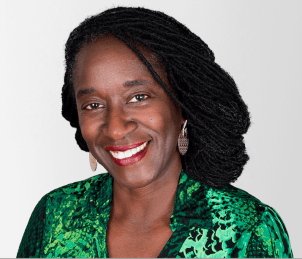For her new song “Rooted,” Grammy Award winner Ciara has partnered with the non-profit Grantmakers for Girls of Color (G4GC), which will receive a portion of the song’s proceeds. “Rooted,” featuring and co-written by producer/songwriter Ester Dean, is a follow up to their 2019 Black female anthem “Melanin,” and celebrates Black Lives Matter, Black women, Black history and culture, and pregnancy.

“Rooted” was released by Ciara’s company Beauty Marks Entertainment, which is dedicated to creating business opportunities for women at the intersection of music, tech and philanthropy. The song’s video was filmed just before Ciara gave birth to her third child, Win Wilson, and prominently features Ciara’s pregnant body. It was directed by African American photographer/artist/filmmaker Annie Bercy.
Read More









